Renowned actor Sir Patrick Stewart has shared his experiences filming the 2002 release, "Star Trek: Nemesis", in his recently released memoir. He expresses his stern critique over the movie and the difficult experience he had working with actor Tom Hardy during the production.
In his memoirs, titled "Making It So", Stewart narrates how Hardy was aloof and spent a lot of his off-screen time in his trailer with his girlfriend. Although Hardy wasn't hostile, Stewart mentions, it was quite hard to build a rapport with him. Hardy, who played the role of Shinzon, the villainous leader of the Romulan empire and an imperfect clone of Picard, faced numerous criticisms for his performance.
The 2002 Star Trek film received major criticism and only managed to score 38% on Rotten Tomatoes. Stewart himself found the film subpar, with him stating it to be weak and devoid of any exciting scenes. Describing Hardy as an "odd, solitary young man", Stewart admitted that he never thought Hardy would have such a long and successful career. In a surprising turn, Hardy went on to become a noteworthy actor, much to Stewart's pleasure.
Additionally, Hardy is no stranger to controversy. He was known to have caused friction with co-star Charlize Theron on the set of "Mad Max: Fury Road", making filming a challenging process. Despite the controversies, Hardy has continued to propel his career in acting.
As for Star Trek: Nemesis, the film received a mere 3/10 review rating by IGN. The platform urges the franchise to improve and not let this be the end for Star Trek, referencing "...Don't let it end this way", an iconic quote from another Star Trek release, "The Undiscovered Country".
In other related news, the 'original' ending of Star Trek: Picard and other in-depth Star Trek content can be found on IGN's site, providing fans with further insights on the franchise.
In summary, Stewart's memoir provides a candid look into one of the Star Trek franchise's less successful ventures, revealing more about the tumultuous process behind the scenes. Hardy's unexpected career growth, despite these initial hurdles, is also put into perspective.

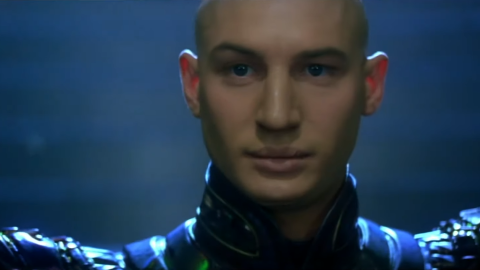
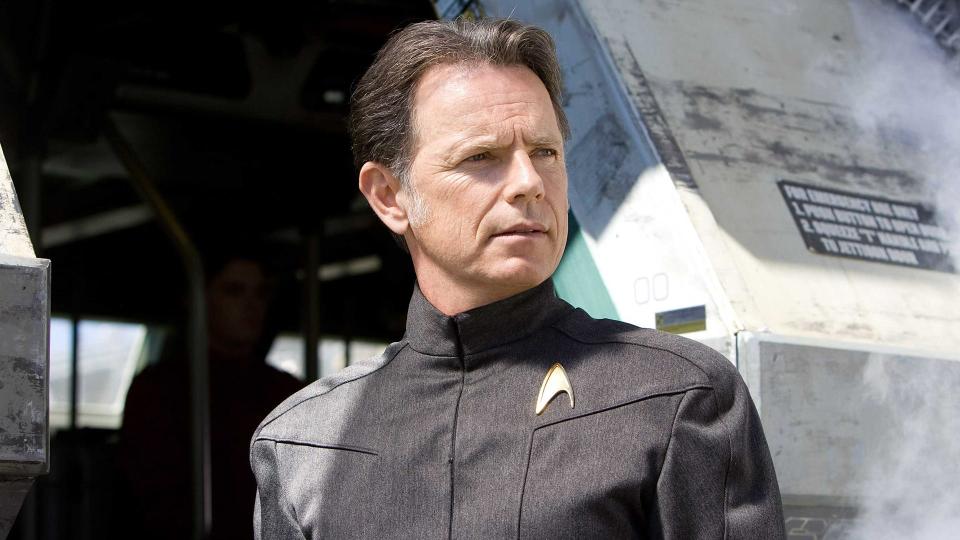
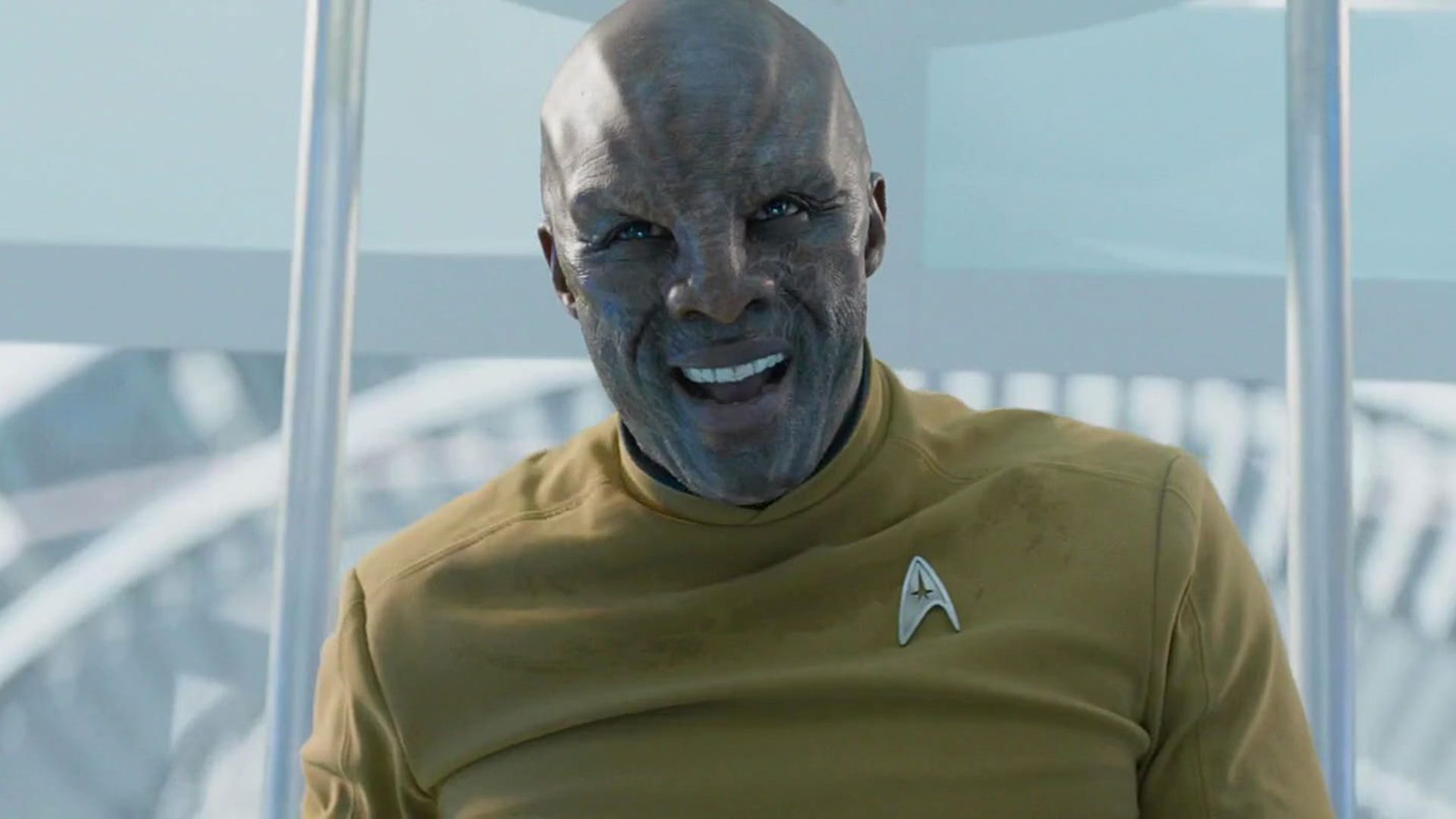
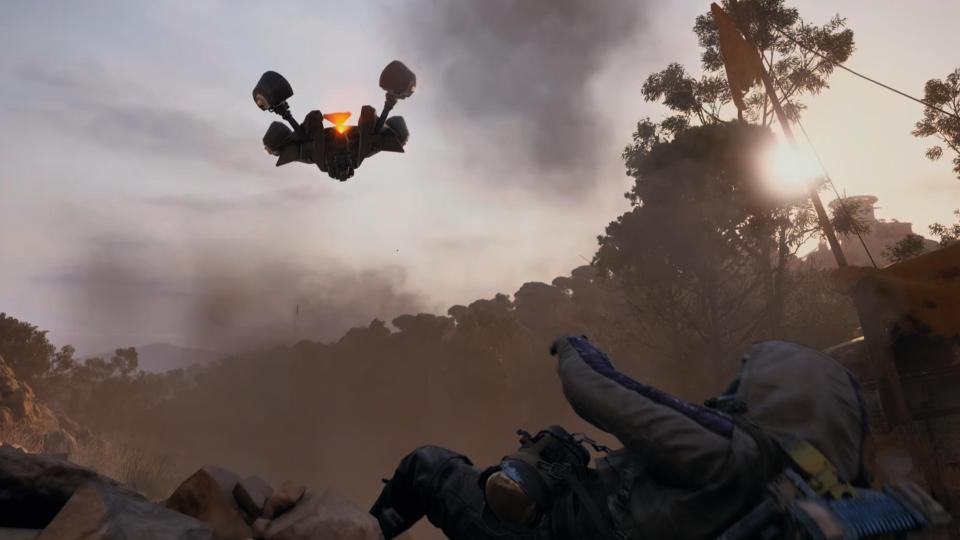

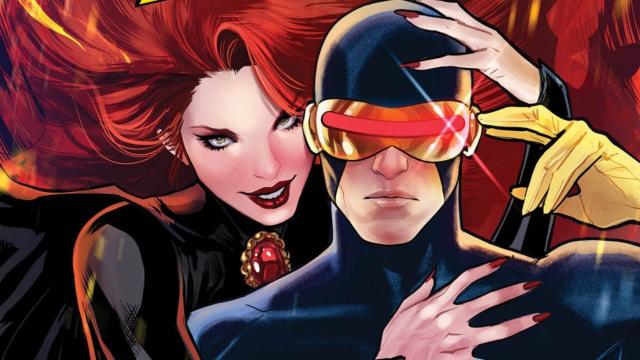
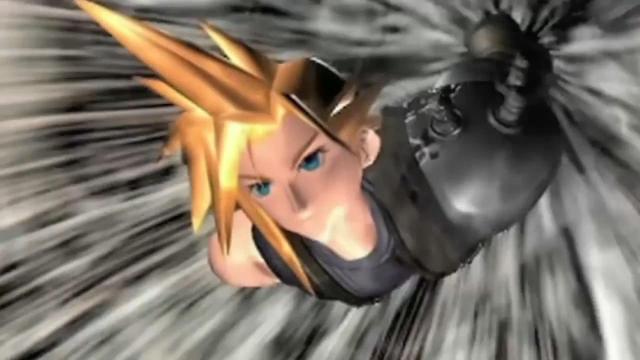


Comments
No comments yet. Be the first to comment!